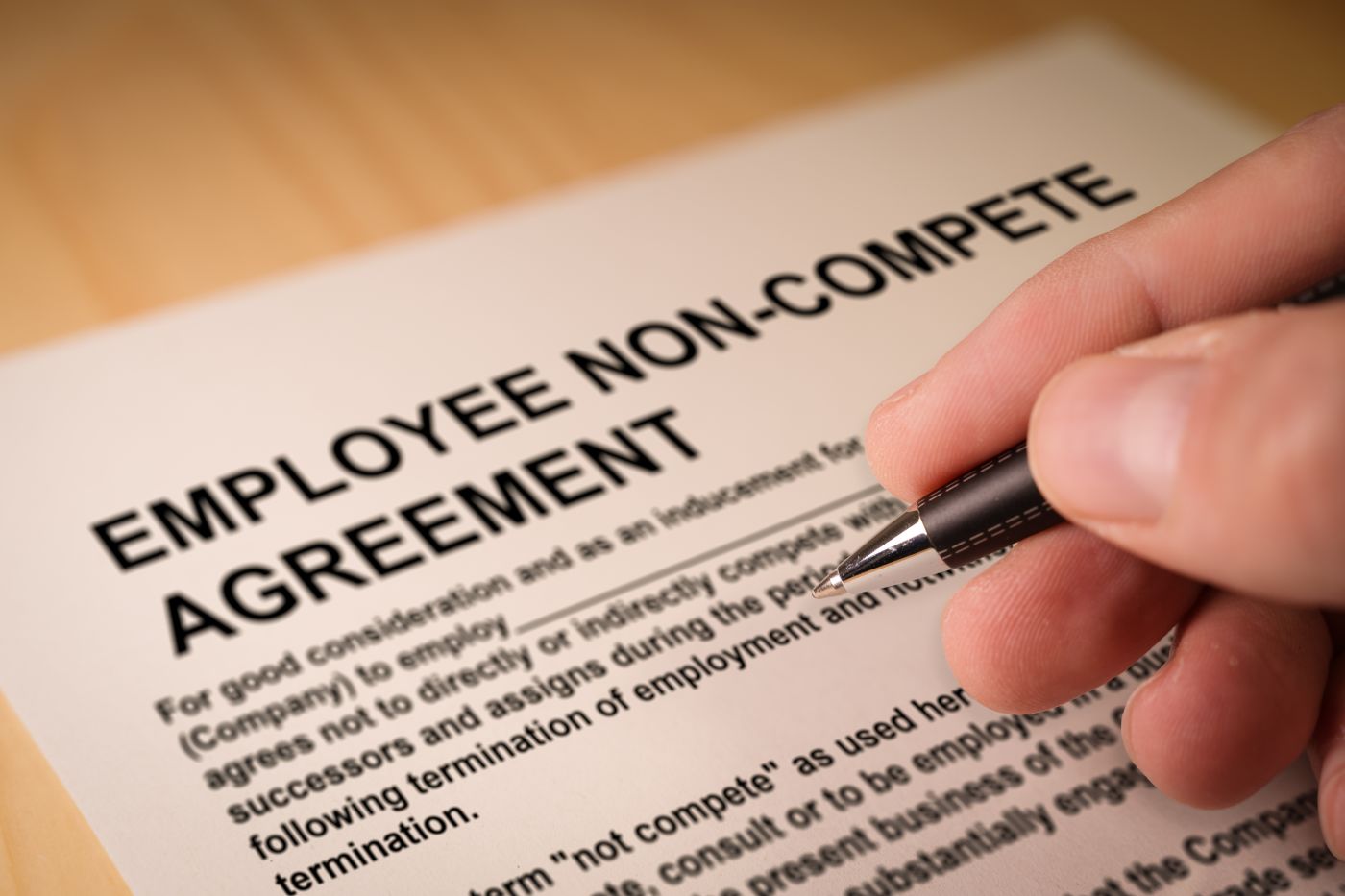
Whether you’ve been arrested or you’re under investigation, understanding the type of charge filed against you is a critical step in preparing a strong criminal defense. In Minnesota, criminal charges fall into three main categories: petty misdemeanors, misdemeanors (including gross misdemeanors), and felonies.
Each level of offense carries its own set of potential penalties, procedures, and implications for your future. Understanding the difference can help you make more informed decisions as your case progresses.
At Amicus Law, we’ve seen how overwhelming it can be when someone is facing criminal charges for the first time. The legal process in Minnesota doesn’t make things easy, and the outcome of your case can carry life-changing consequences.
Our job is to help our Minnesota clients understand what they’re up against and fight for the best possible outcome. Criminal defense in Minnesota isn’t just about knowing the law—it’s about learning how the legal system operates and how prosecutors approach each case.
Minor Offenses with Lingering Consequences
Petty misdemeanors are the lowest level of offense under Minnesota law. These are not considered crimes, and they don’t carry jail time. Instead, a person found guilty of a petty misdemeanor may be required to pay a fine, which can’t exceed $300.
Common petty misdemeanors include:
Speeding
Driving with a broken taillight
Possessing a small amount of marijuana (under certain circumstances)
Littering
While petty misdemeanors may seem insignificant, they can still impact your life. Traffic violations can raise your insurance premiums, and any interaction with law enforcement can follow you.
Even without jail time, it's important to treat petty misdemeanors seriously. A criminal defense strategy should focus on reducing the charge or getting it dismissed altogether.
Crimes That Can Lead to Jail and Fines
Misdemeanors in Minnesota are crimes that carry more serious consequences than petty offenses. A standard misdemeanor conviction can result in up to 90 days in jail, a fine of up to $1,000, or both. Examples include:
Disorderly conduct
Driving without a valid license
Theft of property valued under $500
First-time DWI offenses (in many cases)
Even though these are considered lower-level crimes, the penalties can be severe—especially if the court imposes probation terms, mandatory counseling, or community service. Misdemeanors can also appear on background checks, potentially affecting employment, housing, and educational opportunities.
From a criminal defense standpoint, we aim to challenge evidence, negotiate lesser charges, or advocate for alternative sentencing options like diversion programs when appropriate. Avoiding a conviction should always be the goal; however, when that isn’t possible, we strive for outcomes that minimize long-term harm.
A Step Closer to Felony Territory
Gross misdemeanors occupy a middle ground between standard misdemeanors and felonies. These charges carry a maximum sentence of up to one year in jail and a fine of up to $3,000. While still not classified as felonies, gross misdemeanors can have serious consequences.
Charges in this category often include:
Second-time DWI offenses
Certain domestic assault charges
Violating a restraining order
Theft involving property worth between $500 and $1,000
Gross misdemeanors require careful attention. In addition to jail time and fines, they can lead to probation conditions that are burdensome and invasive. A criminal defense attorney must evaluate not just the evidence, but the prosecutorial approach and the judge’s tendencies.
At Amicus Law, we regularly work to reduce gross misdemeanor charges to standard misdemeanors or argue for stays of adjudication. We don’t just look at the charge—we look at your goals and how to protect your record, reputation, and rights.
Long-Term Impact and Life-Altering Penalties
Felony charges represent the most serious category of criminal offenses in Minnesota. A felony is defined as any crime that carries a potential sentence of more than one year in prison. Unlike misdemeanors, felony convictions can affect your civil rights, including the right to vote, own firearms, or hold certain professional licenses.
Felony charges vary widely in terms of severity and sentencing. They can include:
Drug possession or trafficking
Criminal sexual conduct
Aggravated assault
Burglary
Murder
Sentencing for felonies has a structured guideline system. Judges consider the severity of the offense and the defendant’s criminal history. Some felony offenses carry mandatory minimum sentences, while others allow for probation or reduced terms through plea agreements.
Felony charges require a criminal defense approach that’s aggressive, thorough, and strategic. We focus on the facts, challenge constitutional violations, and present strong arguments for dismissal, acquittal, or mitigation. A felony conviction can affect employment, housing, and family relationships for years to come. Every decision in the case must be made with those consequences in mind.
Collateral Consequences of Criminal Convictions
When someone is charged with a crime, the immediate concern is usually jail time or fines. But the hidden consequences of a conviction can be just as damaging—sometimes even more so. No matter the level of offense, criminal convictions in Minnesota can result in:
Job loss or limited employment opportunities
Denial of professional licenses
Immigration consequences for non-citizens
Loss of firearm rights (especially with felonies or domestic violence)
Ineligibility for public housing or financial aid
Travel restrictions
Strained family relationships
Damage to reputation and community standing
These consequences often follow people long after they’ve served their sentence. That’s why criminal defense work must address the full impact of a charge—not just the immediate penalty.
How Charges Are Filed in Minnesota
In Minnesota, a prosecutor files criminal charges based on evidence provided by law enforcement. In some cases, a complaint is filed directly, and in others, the prosecutor seeks a grand jury indictment (usually for serious felonies like murder).
The defendant is then brought before a judge for an arraignment or first appearance, where they hear the charges and enter a plea.
We help clients understand each step of this process. Whether it’s reviewing charging documents, contesting probable cause, or requesting bail reductions, early-stage criminal defense representation can significantly influence the entire case.
Timing matters. Witnesses forget details, and evidence can be lost. The sooner we get involved, the more options we have to challenge the state’s version of events.
Plea Negotiations and Trial Strategy
Not every criminal case goes to trial. In fact, most are resolved through negotiated pleas. This doesn’t mean giving up—it means finding the outcome that best protects our client’s future.
Plea negotiations involve weighing the strength of the evidence, the risks of trial, and the penalties on the table. A good criminal defense strategy includes open communication with the client about what they’re willing to accept and what they want to fight.
But when a case demands it, we go to trial. Our preparation starts from the first meeting, and we treat every case as if it could reach a courtroom. By putting pressure on the prosecution, we sometimes uncover opportunities that wouldn’t have come up otherwise.
Expungement and Record Clearing
For those who’ve already been convicted or charged, expungement can provide a fresh start. Minnesota law allows certain criminal records to be sealed, meaning they won’t show up on background checks for most jobs or housing applications.
Not every charge is eligible, and waiting periods often apply. But for many clients, expungement is a powerful way to move forward after a mistake. We guide people through the process, explain the eligibility criteria, and prepare the necessary documents to present their case to the court.
Criminal defense isn’t just about avoiding conviction—it’s also about giving people the opportunity to reclaim their future.
Defend Your Rights in a Minnesota Criminal Case
At Amicus Law, our attorneys are here to guide you with clear, honest advice every step of the way. Proudly serving Minnesota, we treat every client with respect, dignity, and open communication—because you deserve nothing less. We’re also honored to give back to those who serve us. That’s why we offer discounted services for Military members and First Responders. Ready to get started? Call us today and let us guide you through your legal journey!



